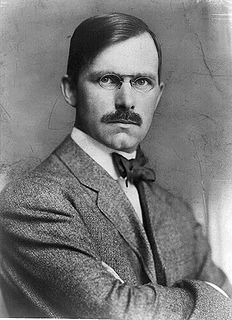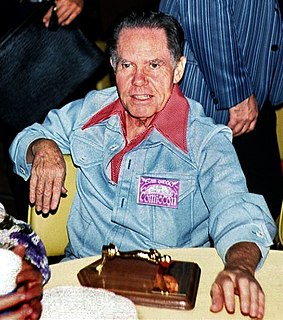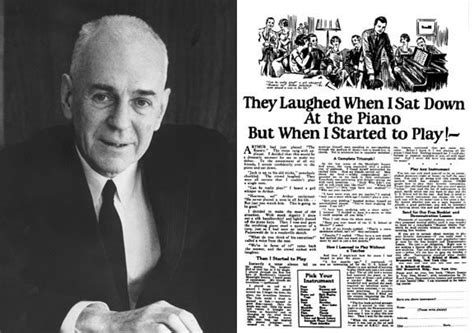A Quote by Brian Michael Bendis
This is something I learned when I was working at a newspaper: when you put something on paper, whether it's words or pictures, and it's staring back at the reader, they are now alone in the room with them for as long as it takes them to turn the page. Whereas on television, the images fly by.
Related Quotes
It is easier for the reader to judge, by a thousand times, than for the writer to invent. The writer must summon his Idea out of nowhere, and his characters out of nothing, and catch words as they fly, and nail them to the page. The reader has something to go by and somewhere to start from, given to him freely and with great generosity by the writer. And still the reader feels free to find fault.
When the brain is working to remember something, similar patterns of neurons fire as they did during the perception of the original event. These networks are linked, and each time we revisit them, they become stronger and more associated. But they need the proper retrieval cues--words, smells, images-- for them to be brought back as memories
I did all the stuff that people do - film, performance, photography, pictures and words, words and pictures. In retrospect, I was trying to find some way to put things - meaning images and forms - together that highlighted some idea of what was underneath the surface of an image, what determined how something was seen.
You need to give the reader a reason to turn the page. In a diary, you are just yourself. You aren't trying to entertain. You aren't trying to get anyone to turn the page. I have over one hundred and fifty six volumes of my diary and I guarantee you that if you read them, you'd stop and never come back.
Men of the world who value the Way all turn to books. But books are nothing more than words. Words have value; what is of value in words is meaning. Meaning has something it is pursuing, but the thing that it is pursuing cannot be put into words and handed down. The world values words and hands down books but, though the world values them, I do not think them worth valuing. What the world takes to be values is not real value.
I actually take images of things and put them up around the wall and in a room. I set a room aside. It might be colors, it might be animals, or energy and words. And I'll just leave it there, so it begins to work on my subconscious when I think about the character. Which gives me some latitude to be really flexible and spontaneous but within the context of the character and the world of the character without having to think about it. Or I'll look at something or read something and let it work on my subconscious mind.
When you're reading a newspaper and you're seeing ads on the page, it's not kind of invasive. Like, it's on the page next to the article. You can look at it or not. You can turn the page when you're ready. On the internet, the ads - many of the ads - just are so controlling. They insist that you see them.
I want you to understand the words. I want you taste the words. I want you to love the words. Because the words are important. But they're only words. You leave them on the paper and you take the thoughts and put them into your mind and then you as an actor recreate them, as if the thoughts had suddenly occurred to you.
To impress your offer on the mind of the reader or listener, it is necessary to put it into brief, simple language...No farfetched or obscure statement will stop them. You have got to hit them where they live in the heart or in the head. You have got to catch their eyes or ears with something simple, something direct, something they want.
Sharing a room with a cadaver is only mildly different from being in a room alone. They are the same sort of company as people across from you on subways or in airport lounges, there but not there. Your eyes keep going back to them, for lack of anything more interesting to look at, and then you feel bad for staring.
You can say anything with a Post-It. I’m not entirely sure why that is. Maybe the friendliness of the squares makes it easier. A square is nicely compact and less intimidating than a full page. And they come in cheerful colors. Non-white paper is kind of inherently festive. Or maybe paper that sticks feels more important than paper that can blow away. (Though you can move them, if you need to put them somewhere else.) They might not be as lasting as words carved in stone, but Post-It thoughts will stay. For awhile, at least.








































